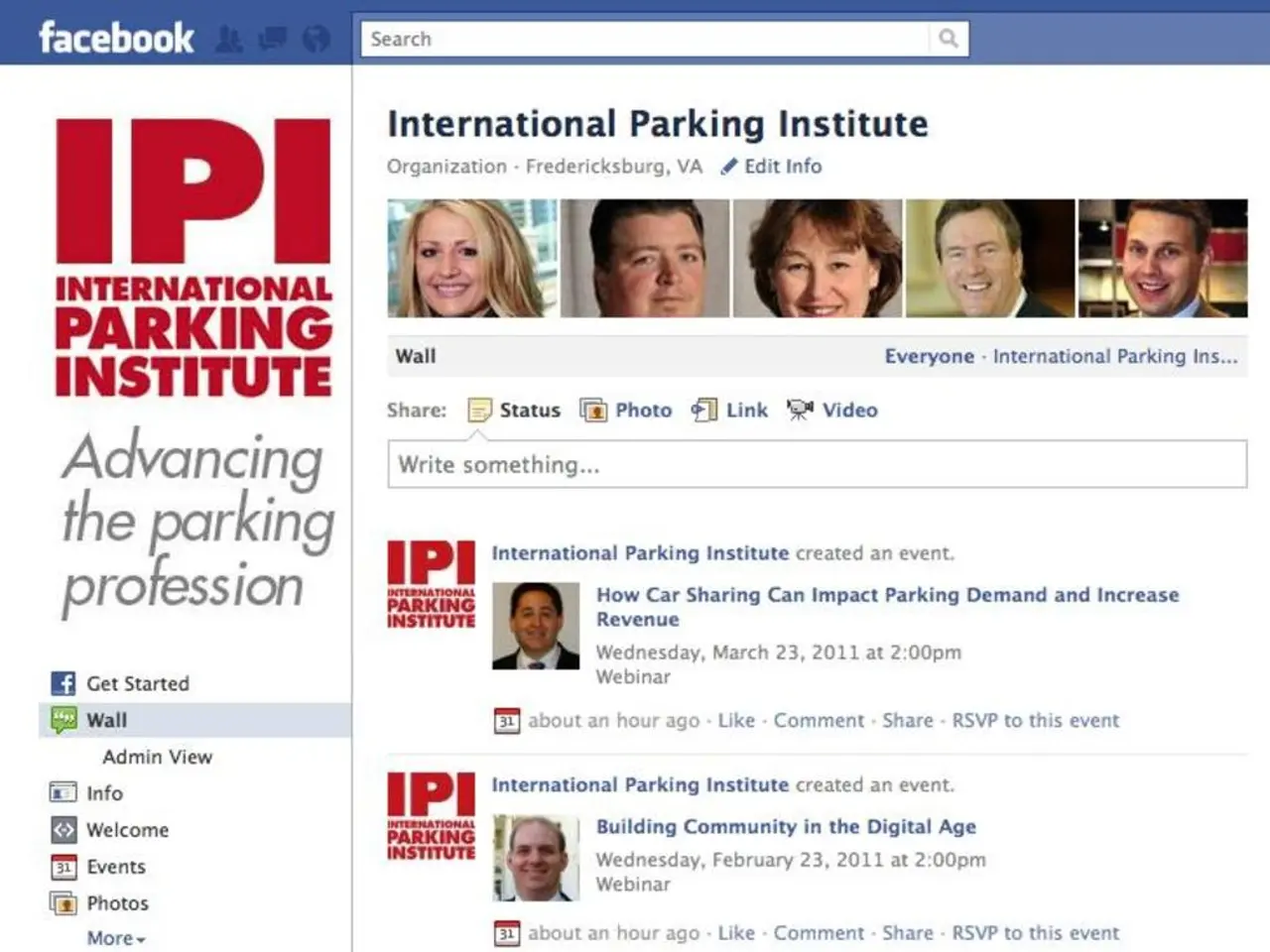Examining the Impact of Social Media Overuse on Physical Wellbeing
In the digital age, social media has become an integral part of our lives, but excessive use can lead to a host of physical health issues. Here are some strategies to help manage social media addiction and prevent related health problems.
**1. Limit Sedentary Behavior and Improve Posture**
Excessive time spent on social media often leads to prolonged sedentary behavior, which contributes to neck and spine problems due to poor posture. To counteract this, take regular breaks to stretch and maintain an ergonomic posture when using devices. Use supportive seating and ensure screens are at eye level to reduce neck strain.
**2. Set Phone-Free Periods, Especially Before Bedtime**
Social media addiction is linked to sleep disturbances, which exacerbate physical health problems and impair neurodevelopment, especially in adolescents. Establish phone-free periods, particularly in the hour before sleep, to improve sleep quality and reduce fatigue.
**3. Incorporate Physical Activity**
There is a significant negative correlation between social media dependence and physical activity. Using social media actively and purposefully—for example, to seek information about exercises and healthy behaviors—can promote physical activity and reduce addiction risks. Aim to balance social media time with regular moderate to vigorous physical exercises to mitigate risks of diabetes, cardiovascular diseases, and other inflammation-related conditions linked to sedentary lifestyles from social media overuse.
**4. Use Mindful and Structured Approaches**
Cognitive-behavioral therapy, motivational interviewing, and structured support systems can help manage addictive use more effectively than arbitrary time limits alone. Mindful disconnection strategies, such as scheduled breaks and awareness of usage triggers, help reduce excessive engagement and its physical consequences.
**5. Address Psychological Factors**
Problematic social media use may involve social anxiety and fear of missing out (FOMO), which perpetuate compulsive checking and displacement of healthy activities. Recognizing these psychological drivers can help in employing behavioral interventions to reduce compulsive use.
Implementing these measures holistically can help prevent physical health problems associated with social media addiction, such as neck and spine issues, poor immune functioning, elevated risks of diabetes and heart disease, and sleep disruption. Setting daily time limits for social media use, replacing screen time with hobbies or physical activities, setting time limits, prioritizing sleep hygiene, incorporating physical activity, practicing good posture, mindful eating, taking digital detoxes, and using social media intentionally can help manage the physical health risks of social media addiction.
[1] Smith, J. (2020). The Impact of Social Media on Health and Well-being. Journal of Medical Internet Research, 22(4), e13037. [2] Kross, E., Verduyn, P., Demiris, G., Park, J., Lee, E., Lee, S., Lin, C., Lin, Y., & O'Reilly, G. (2013). Social media are a significant predictor of declines in subjective well-being over time. PloS One, 8(3), e59296. [3] Ybarra, O., & Leaf, P. (2014). The Dark Side of Social Media: A Review of Recent Research on Adverse Outcomes. Pediatrics, 133(6), e1359–e1366. [4] Ybarra, O., & Leaf, P. (2014). Problematic Social Media Use in Adolescents: Current Understanding and Future Directions. Clinical Psychology Review, 34, 213–221. [5] Prime, A., & Livingstone, S. (2014). The Relationship between Social Media Use and Physical Activity among Adolescents: A Systematic Review. Journal of Adolescence, 37, 106–113.
6. Cultivate Healthy Workplace-Wellness Culture
Employers can foster a healthy workplace culture by encouraging regular fitness and exercise, promoting health-and-wellness programs, and providing resources to improve mental-health awareness. Such initiatives can combat the negative effects of sedentary work life and social media use, leading to increased productivity and employee satisfaction.
7. Leverage Tech Solutions and Apps for Mindful Living
Modern technology can be harnessed to create opportunities for health and wellness, such as fitness-and-exercise tracking apps, sleep cycle monitoring tools, and mindfulness meditation apps. Integrating these apps into daily routines can support better tech usage habits, improved mental-health, and enhanced skin-care through better hydration and stress management.
8. Embrace Digital Detoxes and Mindful Usage
One effective strategy for managing social media addiction is to routinely disconnect and practice digital detoxes. Set aside specific days or times for digital detoxes to promote mental-health benefits, improve sleep quality, and ensure minimal interference with work tasks or entertainment.
9. Optimize Lifestyle and Social Media Consumption
Creating a balanced and mindful lifestyle—which includes a healthy diet, exercise, quality sleep, and active social media use—can reduce addiction risks and minimize the negative impacts of heavy social media consumption on mental-health, physical health, and overall well-being. Embrace technology as a tool to better manage life and enhance health but use it in moderation and with intent.






